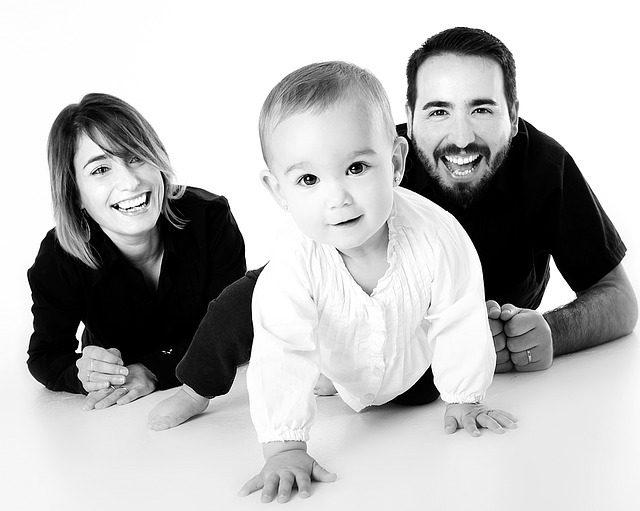Do Pacifiers Harm Developing Teeth? Here’s What Parents Need to Know

Have you ever wondered whether your child’s pacifier or “binky” is doing more harm than good? While it’s normal for an infant or young child to suck on a pacifier, it can have adverse effects on the development of teeth as they get older.
We provide the facts about pacifiers and discuss when they stop being helpful and start causing harm. We also suggest ways to reduce your child’s dependency on their pacifier when it becomes necessary.
The Benefits of Early Pacifier Use
Most infants derive comfort from sucking, which is normal during this stage of a child’s development. A pacifier can be a source of comfort and security.
Sucking on a pacifier, especially at bedtime, might even save a child’s life. This device has been associated with a lower risk of sudden infant death syndrome (SIDS). When babies sleep with a pacifier in their mouth, they don’t sleep as deeply, making it easier for them to be awakened if breathing stops.
Within the first couple of years of a child’s life, a pacifier poses no real threat. The calming effects of this device may even outweigh any possible harms when the child is still young.
When Pacifiers Become a Problem for Your Child’s Teeth
As your little one gets older, pacifier use increasingly becomes a problem, especially when teeth start to emerge. Excessive use can interfere with the formation and placement of healthy teeth. It can even alter the roof of the mouth, affecting oral cavity development, cause misalignment, and even contribute to ear infections.
After several years of pacifier use, a child’s parents may need to consult a family dentist in their area to fix any orthodontic issues that develop. Therefore, staying on top of your child’s pacifier use can help them avoid complex dental treatments, such as braces or other devices, as they get older.
Minimizing the Effects of Pacifiers
If your child is still at an age when pacifier sucking is not considered harmful, you should still take steps to ensure it benefits them more than it harms. To reduce the risk of early tooth decay or other dental issues, limit the time your child uses the pacifier. Try waiting until they ask for it before making it available. Another strategy involves single-use pacifiers, which have fewer breakable parts that pose choking hazards.
Weaning Your Child Off Their Pacifier
Discouraging the long-term use of a pacifier should be your ultimate goal, even though it brings so much comfort to your little one. Some children eventually quit on their own. Others will need a helping hand to break this habit.
Your strategy for weaning your child from their pacifier may depend on their age or how much they currently use it. It’s often easier during infancy, when it’s easier to limit use to naps or bedtime.
If your child has gotten used to having their binky in their mouth, helping them quit may require more creativity. Here are some suggestions for phasing out your child’s pacifier:
- Trade the pacifier for a more appealing, attention-grabbing object, such as a book or a toy too large to fit into their mouth.
- If your child appears to need their pacifier for comfort, cuddle them closely and sing their favorite song or lullaby. Go ahead and give them some extra kisses and snuggles to get them through this transition.
- Dip the nipple of the pacifier in a safe but bad-tasting liquid, such as white vinegar. The unfamiliar, foul taste may be enough to deter them from continuing to use it.
- If your child is old enough to understand the reasoning, you can simply discuss with them how the pacifier can harm their teeth. Use simple explanations that the child can visualize, such as “Your teeth will grow crooked.”
Regardless of your strategy, always use encouragement and positive reinforcement to facilitate this transition. Never punish your child to get them to quit. Being angry or hostile will cause them stress, thereby feeding their desire to seek out a pacifier for comfort.
Expert Care and Guidance from Your Cincinnati Dentist
Most children leave their pacifiers behind as they get older, but if you need help getting your child to stop using it, our providers at Beckham Square Family Dental can help. We are here to address parents’ concerns and can examine your child for any dental issues related to sucking. We may also recommend an oral appliance to prevent sucking or suggest additional steps.
We’d also be happy to discuss pacifier sucking and other oral habits at your child’s next wellness appointment. We also offer restorative treatments, including cavity fillings and root canals. Cincinnati residents also turn to us for dental bonding, teeth whitening, and other cosmetic solutions.
